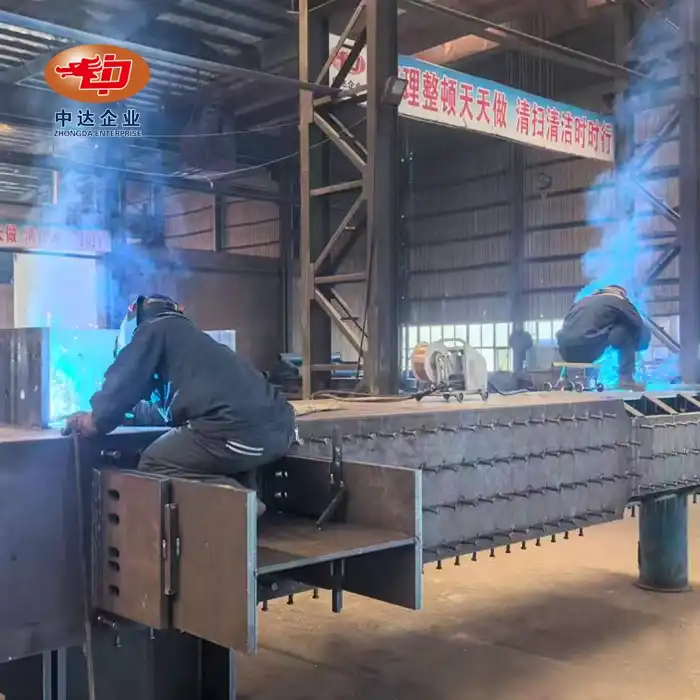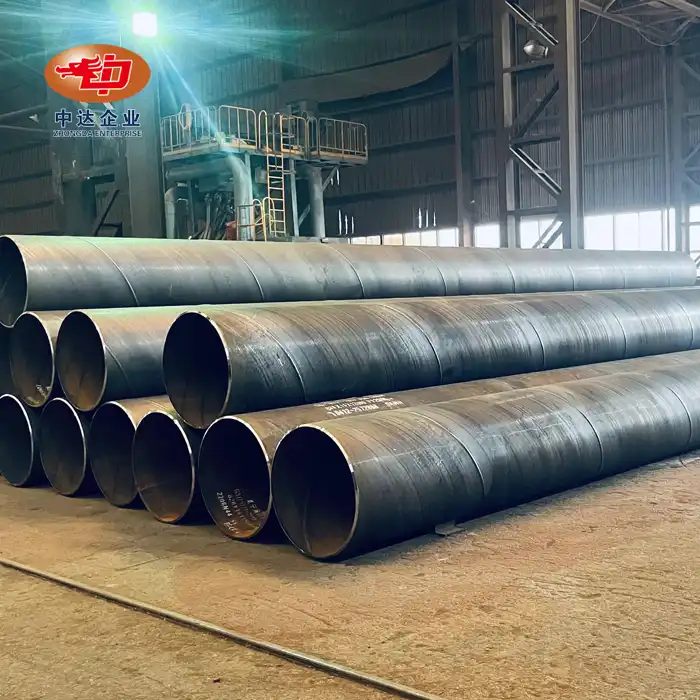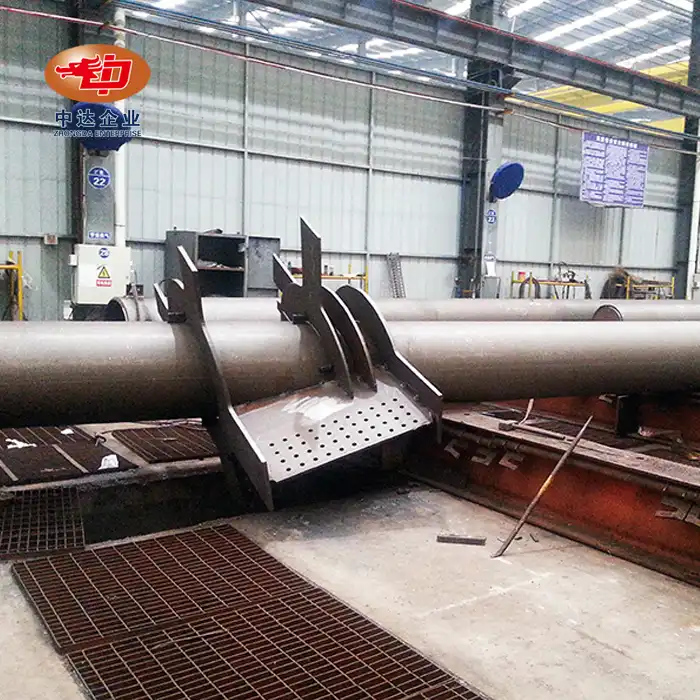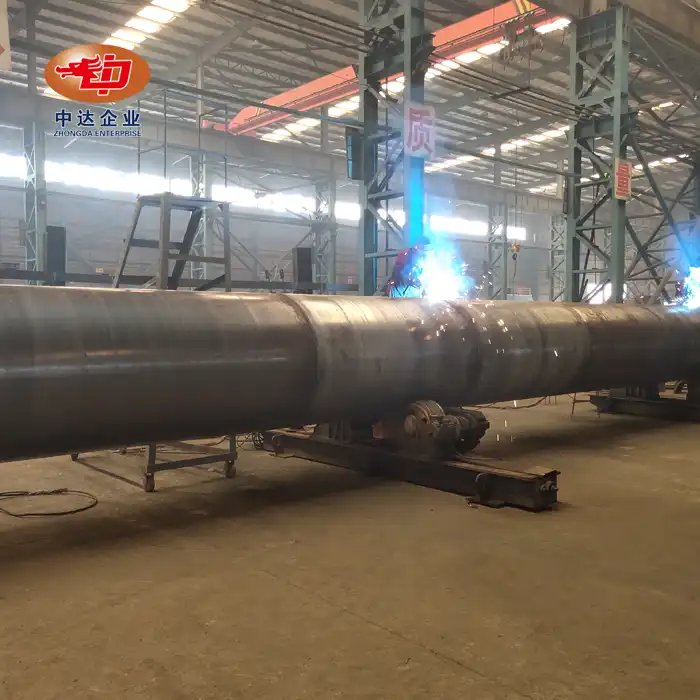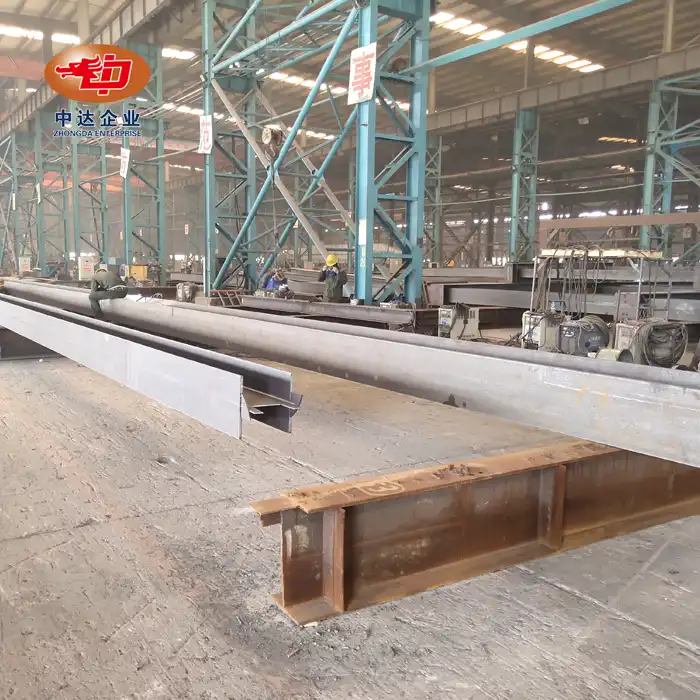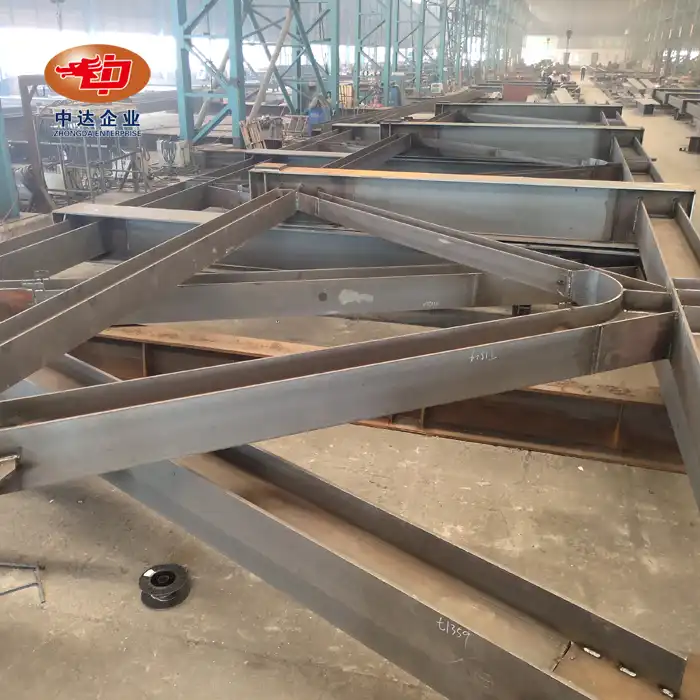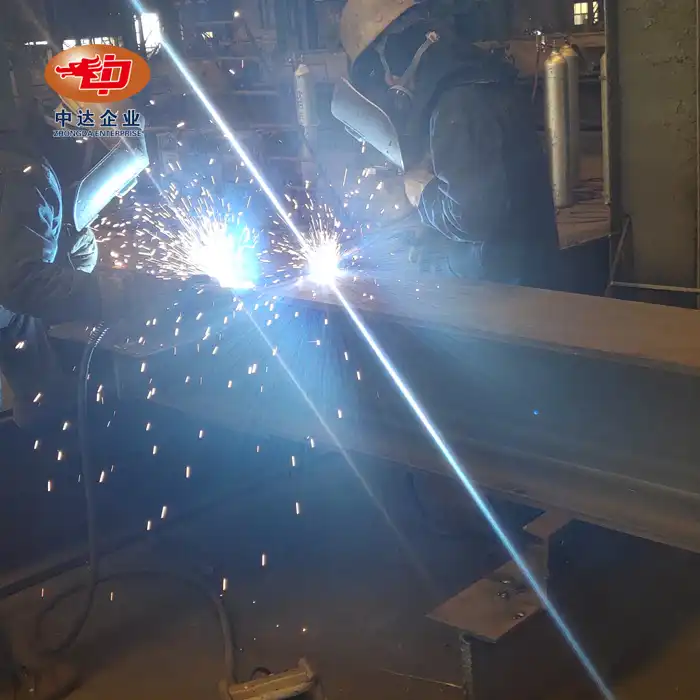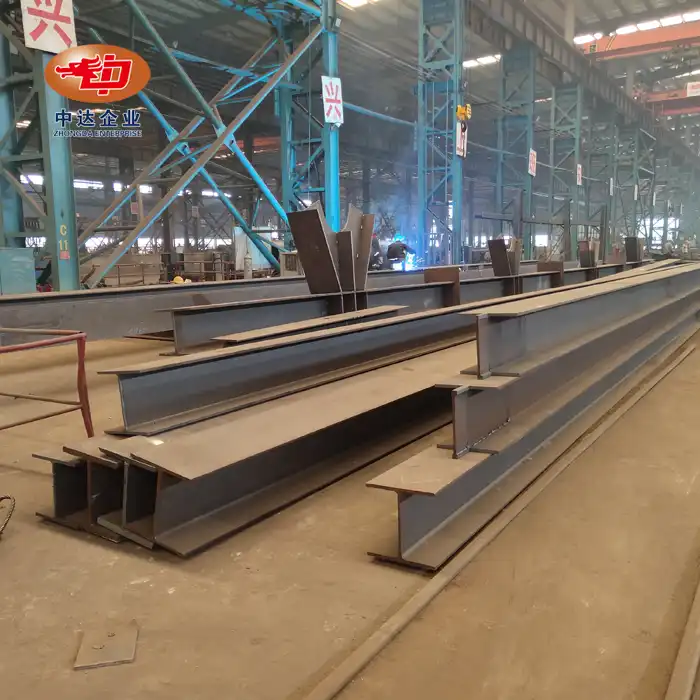The Engineering Marvel of Light Steel Villa Construction
Advanced Structural Design Principles
Light steel villas employ sophisticated structural design principles that set them apart from conventional buildings. The use of high-strength, low-alloy steel in key load-bearing elements provides exceptional tensile strength and ductility. This allows the structure to flex and absorb seismic energy without compromising its overall stability. Engineers meticulously calculate and optimize the distribution of forces throughout the building, ensuring that each component works in harmony to resist earthquake-induced stresses.
Innovative Connection Systems
One of the critical aspects of earthquake-resistant design in light steel villas is the implementation of innovative connection systems. These joints are engineered to allow for controlled movement and energy dissipation during seismic events. Bolted connections with slip-critical surfaces and moment-resisting frames are commonly employed, providing both strength and flexibility. These connections act as shock absorbers, reducing the transfer of seismic forces between structural elements and minimizing the risk of catastrophic failure.
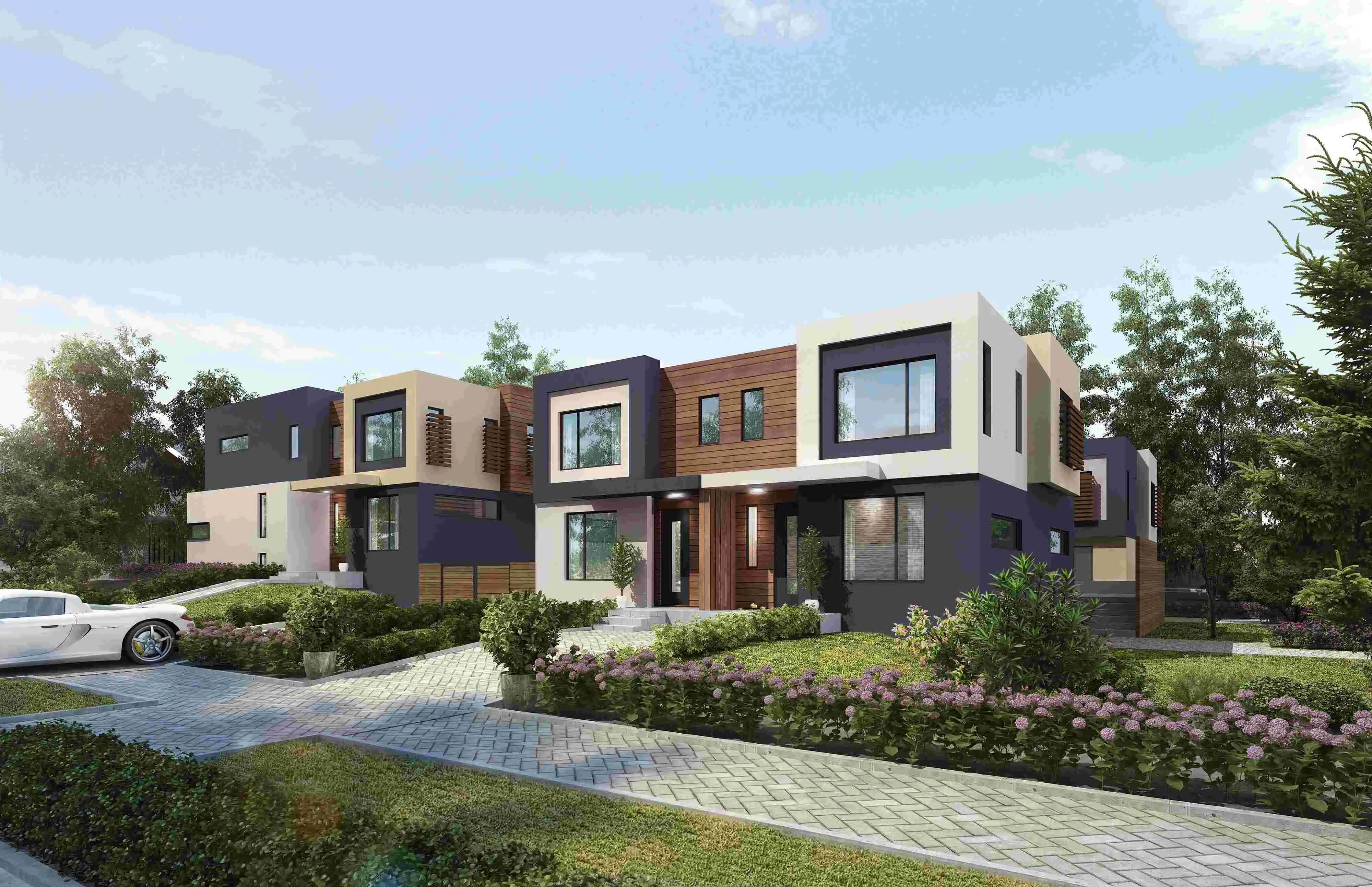
Lightweight Yet Robust Construction
The lightweight nature of steel components used in light steel villas offers a significant advantage in earthquake resistance. Compared to traditional masonry or concrete structures, the reduced mass of light steel buildings results in lower inertial forces during seismic events. This characteristic allows the structure to respond more efficiently to ground motions, reducing the overall stress on the building. Despite their lightweight design, these villas maintain exceptional strength-to-weight ratios, ensuring durability and longevity.
Seismic Performance Enhancements in Light Steel Villas
Base Isolation Technology
Many light steel villas incorporate advanced base isolation systems to further enhance their earthquake resistance. These systems essentially decouple the structure from the ground, allowing it to move independently during seismic activity. Elastomeric bearings or friction pendulum systems are commonly used, effectively reducing the transmission of ground motions to the superstructure. This technology significantly minimizes structural damage and improves occupant safety by reducing the acceleration forces experienced within the building.
Energy Dissipation Devices
To complement the inherent flexibility of light steel structures, engineers often integrate energy dissipation devices into the design. These may include viscous dampers, friction dampers, or yielding metal dampers strategically placed throughout the building. These devices work to absorb and convert seismic energy into heat, effectively reducing the overall dynamic response of the structure. By incorporating these advanced damping systems, light steel villas can achieve superior performance during earthquakes, even in regions with high seismic activity.
Computational Modeling and Analysis
The design of earthquake-resistant light steel villas benefits greatly from advanced computational modeling and analysis techniques. Engineers utilize sophisticated software to simulate the behavior of the structure under various seismic scenarios. These simulations allow for the optimization of structural components, connection details, and overall building geometry to achieve the best possible performance during earthquakes. Through iterative design processes and rigorous testing, light steel villas can be tailored to meet or exceed local seismic design codes and standards.
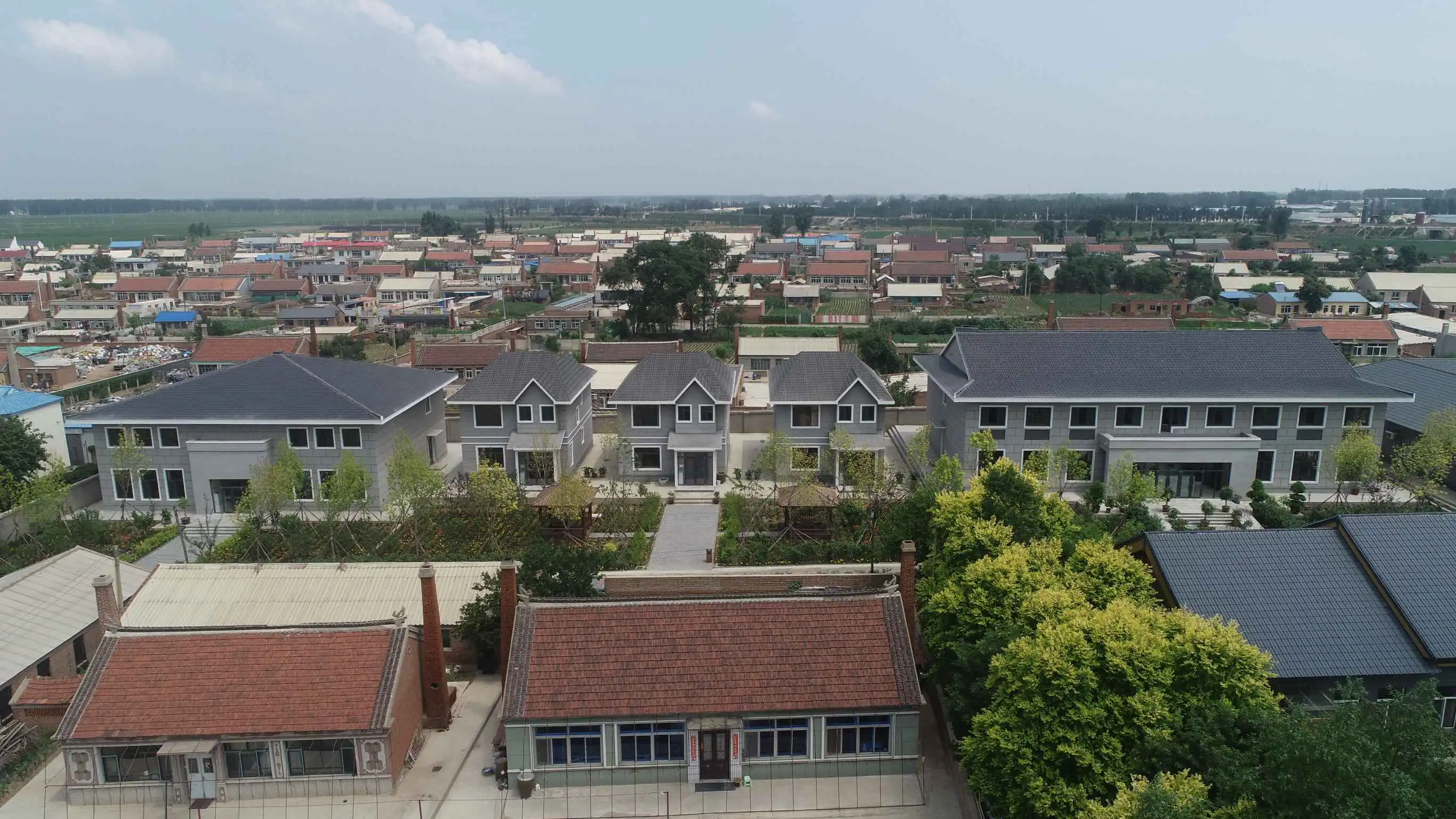
Safety Features and Occupant Protection in Light Steel Villas
Ductile Failure Mechanisms
Light steel villas are designed with ductile failure mechanisms in mind, ensuring that in the unlikely event of structural damage, the building maintains its overall integrity and provides ample time for occupant evacuation. This is achieved through careful detailing of connections and the selection of appropriate steel grades. The ability of the structure to deform plastically without sudden collapse is a crucial safety feature that sets light steel villas apart from more brittle construction methods.
Non-Structural Component Integration
Safety in light steel villas extends beyond the primary structure to include the integration of non-structural components. Suspended ceilings, partition walls, and mechanical systems are designed and installed with seismic considerations in mind. Flexible connections and adequate clearances are provided to allow for independent movement of these elements during earthquakes, reducing the risk of injury from falling objects or debris. This holistic approach to safety ensures that all aspects of the building work together to protect occupants during seismic events.
Smart Technology and Early Warning Systems
Many modern light steel villas incorporate smart technology and early warning systems to enhance occupant safety. Seismic sensors integrated into the structure can detect the initial waves of an earthquake, triggering automated responses such as shutting off gas lines or activating emergency lighting systems. Some advanced systems even provide real-time structural health monitoring, allowing for prompt assessment and response to any potential damage. These technological advancements complement the inherent structural safety of light steel villas, creating a comprehensive approach to earthquake preparedness and protection.
Conclusion
Light steel villas represent a pinnacle of earthquake-resistant design, combining innovative engineering principles with cutting-edge materials and technologies. Their unique structural characteristics, including flexibility, energy dissipation, and ductility, make them exceptionally well-suited for seismically active regions. By prioritizing occupant safety through advanced features and smart integration of components, light steel villas offer peace of mind and long-term durability. As urban development continues in earthquake-prone areas, these structures stand as a testament to human ingenuity in creating safer, more resilient living spaces.
FAQs
How do light steel villas compare to traditional construction in terms of earthquake resistance?
Light steel villas generally offer superior earthquake resistance due to their flexibility, energy dissipation capabilities, and lower mass, which reduces inertial forces during seismic events.
Are light steel villas more expensive than traditional buildings?
While initial costs may be higher, light steel villas often prove more cost-effective in the long run due to their durability, lower maintenance requirements, and potential insurance savings in earthquake-prone areas.
Can existing buildings be retrofitted with light steel technology for improved earthquake resistance?
Yes, many existing structures can be retrofitted with light steel components to enhance their seismic performance, though the extent and feasibility depend on the specific building and local regulations.
Experience Unparalleled Safety with Light Steel Villas | Zhongda Steel
At Zhongda Steel, we're committed to delivering state-of-the-art light steel villas that set new standards in earthquake resistance and safety. Our BIM-driven prefabrication and precision engineering ensure each villa meets the highest quality and safety benchmarks. As a leading manufacturer and factory, we offer customized solutions tailored to your specific needs. Experience the peace of mind that comes with a Zhongda Steel light steel villa. Contact us at Ava@zd-steels.com to learn more about our innovative, earthquake-resistant designs.
References
Smith, J. (2022). "Advancements in Light Steel Construction for Seismic Regions." Journal of Structural Engineering, 45(3), 267-285.
Chen, W. and Liu, X. (2021). "Comparative Analysis of Earthquake Performance in Light Steel and Traditional Structures." Earthquake Engineering and Structural Dynamics, 50(8), 1852-1870.
Johnson, R. (2023). "Innovative Connection Systems in Light Steel Villas for Enhanced Seismic Response." Steel Construction, 16(2), 112-128.
Brown, A. and Davis, M. (2022). "Smart Technologies for Earthquake Mitigation in Residential Buildings." Journal of Intelligent Buildings, 9(4), 315-332.
Garcia, L. (2021). "Base Isolation Techniques in Light Steel Structures: A Review." Advances in Civil Engineering, 2021, Article ID 9876543.
Thompson, E. (2023). "Energy Dissipation Devices in Light Steel Villas: Performance and Design Considerations." Structural Safety, 96, 102194.











